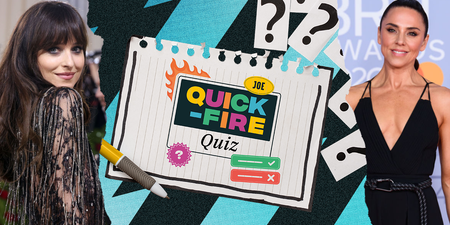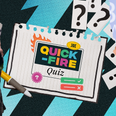Don’t get caught out.
Gardaí have issued a warning over a text message scam doing the rounds, focused on gaining access to personal bank accounts.
Gardaí are advising consumers to be on the alert to a text message or ‘smishing’ scam, in which victims receive a text appearing to be from their bank asking them to confirm personal details or click on links to unfreeze their account.
Once personal details are handed over, the scammers would potentially then have access to the victim’s bank account.
The message will imitate a text from your bank, and will typically ask you to click on a link to a website to “verify”, “update” or to “reactivate” your account.
It may ask you to reply to the text message with personal or financial information or to click on a link to website.
If it includes a link, the website is a fake one. The website will then attempt to get you to disclose personal or financial information. If clicked on, it also could download dangerous software known as malware to your computer or mobile device.
Often the text will create a sense of urgency to make you act without thinking, often saying that your money is in danger or your account will be frozen.
Gardaí have offered advice to help the public realise whether or not a banking text is genuine.
They said that a text from your bank will not ask you for any personal information, only ever respond Y or N to bank text messages.
As well as that, you should follow these tips to avoid being caught out:
• Never respond to a text message that requests your 4-digit card PIN or your online banking details or any other password.
• Do not respond to unsolicited text/SMS messages before independently validating who the text appears to be from. Never use the number in the text message. For your bank, use the number on the back of your debit / credit card.
• Don’t be rushed. Take your time and make the appropriate checks before responding.
• Do not click on a link, attachment or image that you receive in an unsolicited text without first verifying the text and understanding what you are clicking on.
• If you think you have responded to a “smishing” text message, contact your bank immediately.
You can click here for more information on crime prevention advice, and here for advice on fraud prevention.
LISTEN: You Must Be Jokin’ with Aideen McQueen – Faith healers, Coolock craic and Gigging as Gaeilge


















































